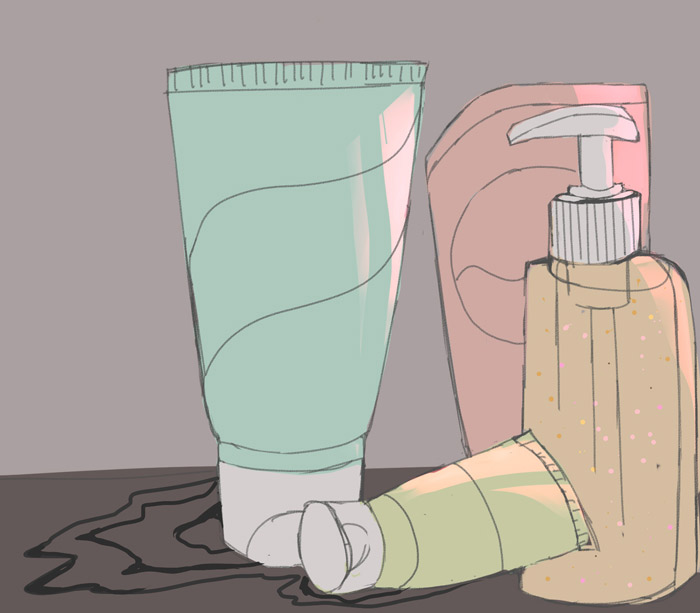The Canadian government has heard the cry of environmental activists and scientists. On Jan. 1, 2018, Health Canada enacted an official ban on the manufacturing and importation of products containing microbeads, following a written proposal for the regulation on June 2, 2017. A ban on the sales of these products is scheduled to take effect July 1, 2018. Environment Canada defines microbeads as synthetic polymer particles that range between 0.1 micrometres and 5 millimetres, varying in composition, shape, and density. Microbeads are manufactured for specific purposes, primarily for use in personal care items such as scrubs, bath products, facial cleaners, and toothpastes. Microbeads are also ubiquitous in household cleaning products, despite being listed as a toxic substance in 2016 under the Canadian environmental protection act.
The ban on microbeads addresses environmental concerns, and is the result of lobbying by scientists, environmental activists, and politicians. The plastic polymers are too small to be filtered by water waste treatments, and ultimately end up in aquatic ecosystems where filtered waste is deposited, like the St. Lawrence River. They are subsequently ingested by the organisms that live there, which has a dire effect on aquatic life.
Studies have shown that zooplankton—heterotrophic plankton at the base of the food webs—are eating microbeads. When microbeads are ingested by lower trophic levels, they can spread like wildfire throughout entire food webs.
Rowshyra Castañeda, a PhD candidate in the Department of Ecology and Evolutionary Biology at the University of Toronto, has been involved in researching microbead pollution at McGill. Castañeda stated that the extent to which these beads affect aquatic environments is not yet fully understood.
“Marine and freshwater organisms have been found with microplastics in their guts and even tissues, but we still don’t exactly know what the impacts of consuming the pollutants are,” Castañeda told The McGill Tribune. “I'd hypothesize that it’s not great.”
Microbeads have also been proven to reduce the reproductive rate of Daphnia, another staple species in food webs. The toxins from these particles risk being transferred to the organisms that ingest them, which can alter their physiology and behaviour. There is a possibility that they can be passed on to humans. This means that the plastic in the facial cleaners we use on a daily basis could be making its way into the sushi we’re eating.
Plastic production has increased twentyfold in the last 50 years. Even with new programs and policies, microbeads keep falling through the cracks. The resulting effects of the vast amount of plastic polymers that end up in lakes and oceans has yet to be properly understood by scientists. The microbead crisis is one that hits close to home, with some areas of the St. Lawrence River harbouring over 1,000 microbeads per litre of sediment.
Microplastics are a part of any consumer’s daily routine. Castañeda explained that more needs to be done to combat the consequences of microbead disposal.
“This ban is a great first step to reducing the number of microplastics in our freshwater system,” Castañeda said, “But we still have a long way to go to eliminate or reduce microplastics. Other big sources of microplastics are from synthetic clothing fibres and [the] degradation of larger plastics from single-use items [such as plastic cutlery and non-reusable water bottles], which also needs to be addressed if we want to reduce this pollutant even more.”
Check any one of the personal care products in your household—if one of the ingredients is polyethylene, polypropylene or polystyrene, then microbeads are a part of your daily routine. The microbead case is a fantastic example of policy responding to science, but there is still a long road ahead and more must be done to mitigate the effects that these plastics have on crucial ecosystems.








